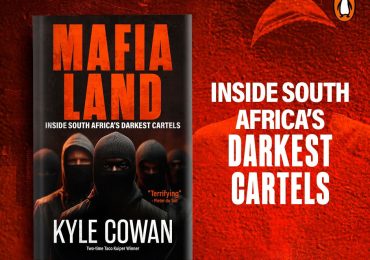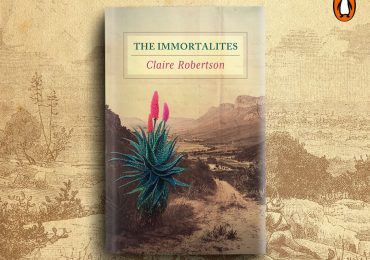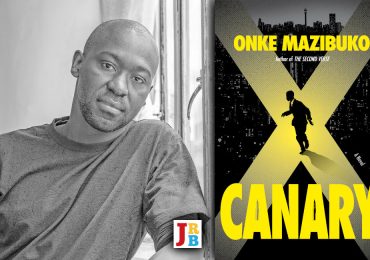Penguin Random House has shared an excerpt from Land of My Ancestors by Botlhale Tema.
About the book
When working on the UNESCO Slave Route project in the early 2000s, Botlhale Tema discovered the extraordinary fact that her highly educated family from the farm Welgeval in the Pilanesberg had originated with two young men who had been child slaves in the mid-nineteenth century. She pieced together the fragments of information from relatives and members of the community, and scoured the archives to produce this book.
Land of My Ancestors, previously published as The People of Welgeval, tells the story of the two young men and their descendants, as they build a life for themselves on Welgeval. As they raise their families and take in people who have been dispossessed, we follow the births, deaths, adventures and joys of the farm’s inhabitants in their struggle to build a new community.
Set against the backdrop of slavery, colonialism, the Anglo-Boer War and the rise of apartheid, this is a fascinating and insightful retelling of history. It is an inspiring story about friendship and family, landownership and learning, and about how people transform themselves from victims to victors.
A new prologue and epilogue give more historical context to the narrative and tell the story of the land claim involving the farm, which happened after the book’s original publication.
Read an excerpt:
~~~
By the time Davidson took office in Bophuthatswana, the consultants were ready with their findings for economic development. By a nasty twist of fate, Davidson was appointed deputy minister for economic development, and the consultants identified the scenic Pilanesberg as the most profitable area for development.
Like those who had come before them, they stood in awe of the twisted mountains and fertile valleys of the region; they marvelled at the rocky outcrops and patches of granite spills; and admired the thickets of karee, wild olive, Mongela and Mmilo trees that covered the area, setting it apart from the rest of Bophuthatswana.
Apart from its beauty, the Pilanesberg area was centrally located and in close proximity to the potential tourism market of the Johannesburg metropolis. Situated in the centre of a one-hundred-millionyear-old volcano, one of the largest of its kind, the Pilanesberg mountains also had unique geological features, which could provide a range of habitats for different types of animals.
But the area also had potential of a less natural variety. Gambling was banned in South Africa, and any citizens with disposable income and a love of the casino frittered their money away in the nearby state of Swaziland. And so a local gambling niche was also identified in the homeland. The team recommended the establishment of a holiday and gambling resort for tourists and a game conservation park in the area.
The Bophuthatswana government teamed up with property developer Sol Kerzner, who established the resort of Sun City, while the government developed the Pilanesberg game reserve alongside.
The government bought out all the farmers in the valley and negotiated the incorporation of Welgeval into the game park. A royalty agreement was drawn up with Chief Pilane of the Bakgatla, who now possessed the title deed for Welgeval. The chief agreed to the deal, as the project seemed to hold significant economic benefits for the Bakgatla. In the flurry of development, the age-old agreement for the Welgevalers’ continued stay on the farm was swiftly forgotten.
Davidson was slapped right in the middle of a dilemma – his new job on the one side, and Welgeval, his home, on the other. We can only imagine his reaction at the presentation of the findings.
‘Let’s not do it there,’ he declared. ‘My people live in that area.’
‘Gentlemen, we must not get personal about these things. Think about the development of our people, the people of Bophuthatswana.’
‘But my people have lived there for generations.’
‘Mr Moloto, your people will be compensated for the houses they have built. Besides, they will be moved to an area near the budding town of Mogwase. We already have incentives and a tax-break programme that will bring factories and all sorts of industry to the area. Your people will get jobs and they’ll be able to educate their children.’
‘But it’s not just about the houses we’ve built …’
‘Mr Moloto, you know that farm is not really yours …’






I need 2 know da beneficiaries for pilanesberg masopa family dont get nothing sefara moloto get damoney not sojane family